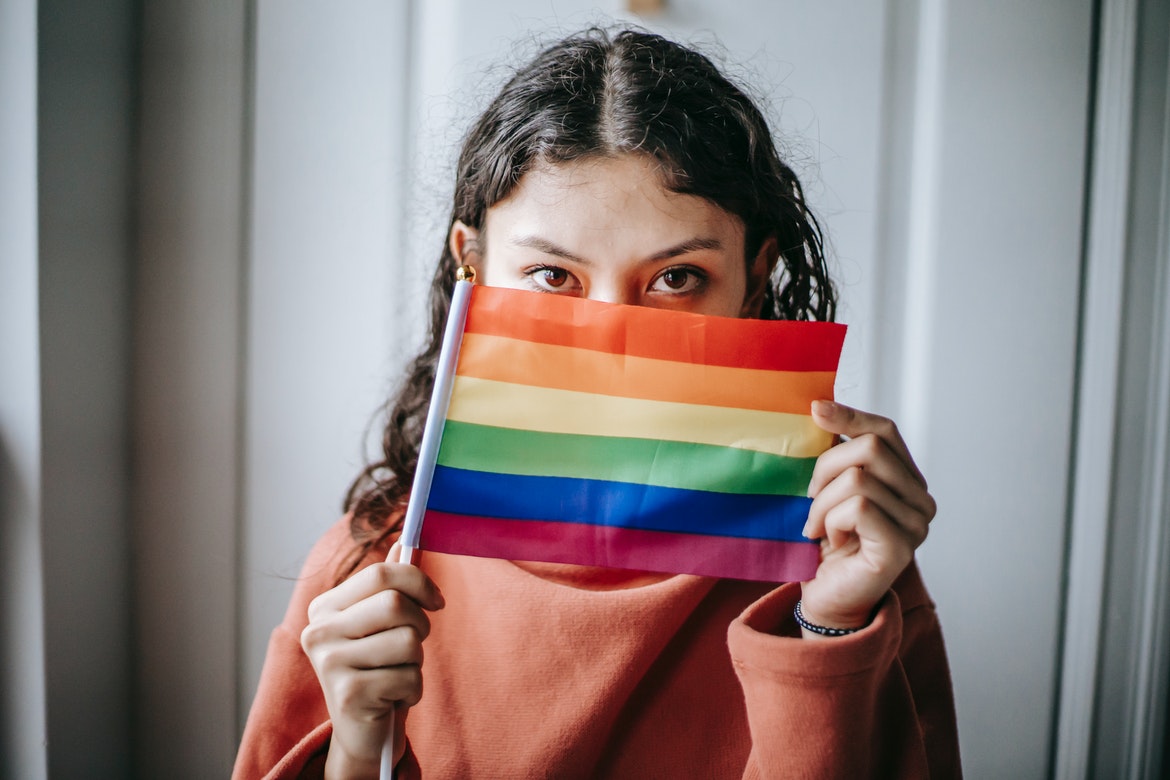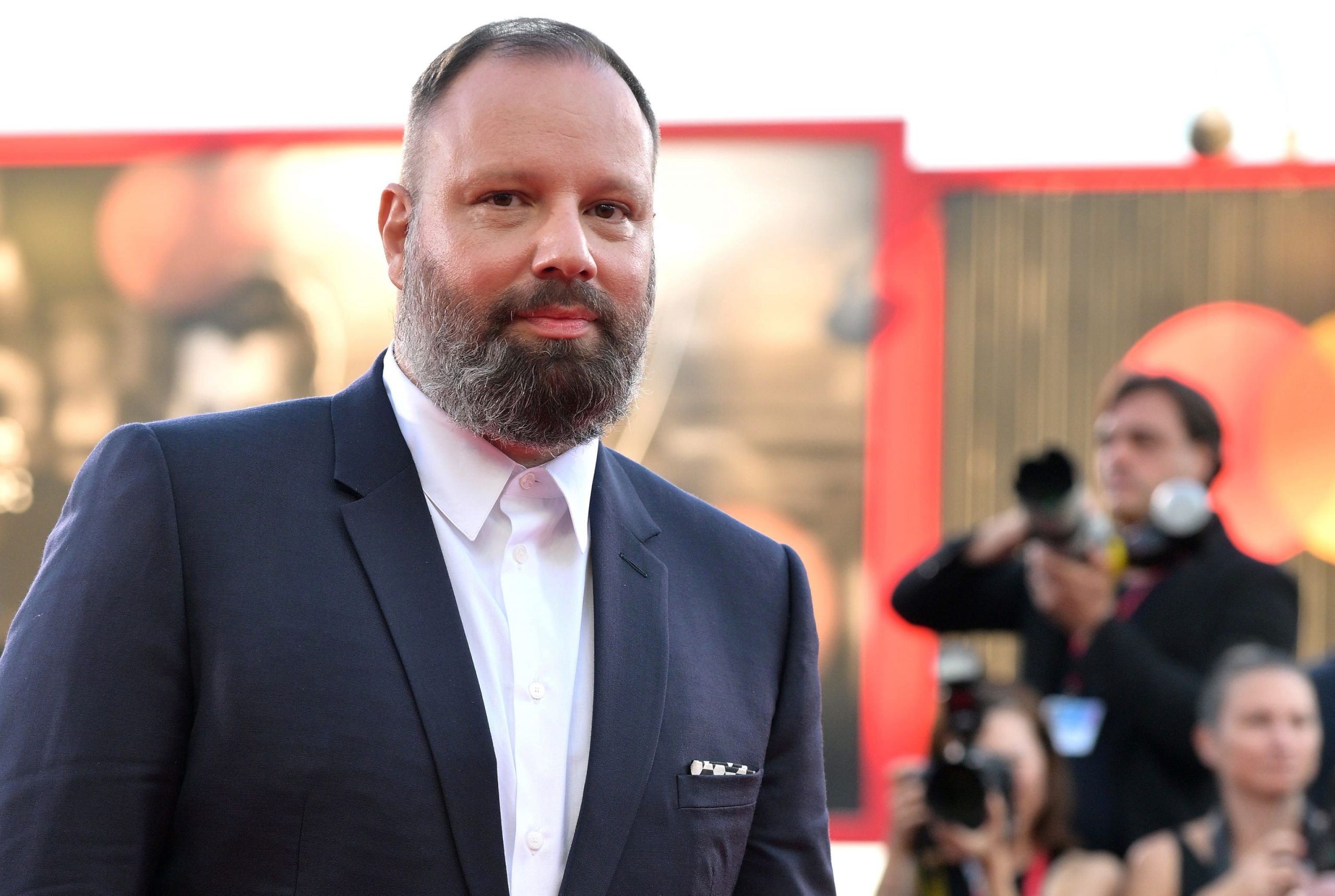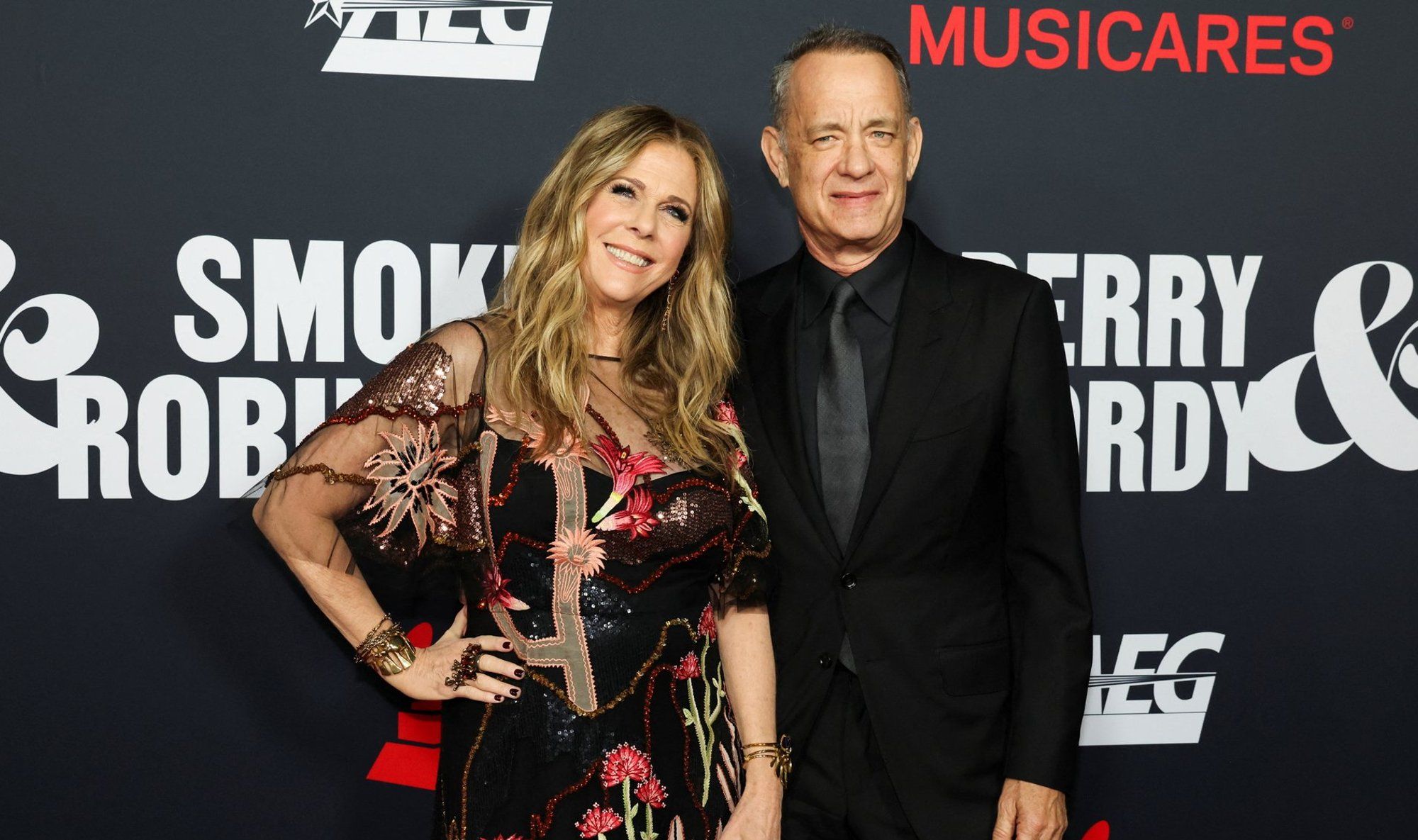The Greek Orthodox Christian delegation recently stated that “every life is worthy of our prayer and our protection…we are all responsible for the well-being of our children.” I could not agree more; however, if children are our future and protective focus, why are governments and lawmakers attacking our most vulnerable children?
Suicide rates amongst LGBTQ+ teens in Europe, including Greece — where the church plays a significant role in affairs — are considerably high. As a pediatric psychologist practicing in the US, I see first-hand the challenges of children from families of vast cultural backgrounds and religions. My last name immediately hints to my Greek culture and I am often sought out by Greek families for care. Sadly, I have witnessed the heartbreaking discrimination faced by LGBTQ+ children, which often includes shame, fear of disappointment and ostracization.
Suicide is the second leading cause of death for ages 10-24 in the US. Minority youth, such as LGBTQ+, are at significantly increased risk for poor mental health outcomes, including increased suicidality.
The Center for Disease Control recently found that 1 in 4 LGBTQ+ youth attempted suicide in the first half of 2021. When aspects of culture and religion, which often oppose LGBTQ+ freedoms, are inserted into the lives of these children, mental health risk factors are compounded.
Greek American youth represent a unique group, as they possess strong connections to their Orthodox faith, Greek culture and traditions and live within a liberal country with some protected freedoms for LGBTQ+ people. Specifically, for LGBTQ+ Greek American youth, clashes between Greek and American culture are prominent.
There have been countless times when adolescents and young adults have disclosed shame and fear regarding their LGBTQ+ identity within a Greek family. This is almost always followed by a wish for improved family communication, cohesion, and acceptance.
Given the majority of LGBQT+ children live in non-affirming environments and that children spend the majority of their days in school, the school environment is paramount. A survey of students in Greece found that about 57% often heard ‘gay’ negatively used at school, and 75% of LGBTQ+ students reported that homophobic comments bothered them quite a bit to a lot.
Such experiences of marginalization, discrimination, and peer and family rejection are factors associated with increased suicidality and mental health symptomatology among youth. Without affirming, safe spaces at school or home, LGBTQ+ youth are increasingly vulnerable to negative mental health outcomes.
LGBTQ+ identities exist within all cultures, including the Greek culture. Psychological research has demonstrated that variations in sexual orientation and gender identity are normal adaptations of humanity. Increased awareness and acceptance of LGBTQ+ individuals, particularly Greek youth living within the context of a faith-based culture, is critical.
Research has shown that family acceptance protects youth from suicidal behavior, depression, and substance abuse. Children with accepting families report higher self-esteem, social support, and overall health.
Parental, community, and cultural acceptance is a journey for most, and establishing inclusivity and acceptance for LGBTQ+ youth is the first step.
Coming from proud Greek parents, raised in the Greek Orthodox church, and dedicating my career to the psychological well-being of children, I strongly encourage Greek families to demonstrate openness with their children and teens about gender and sexual diversity.
To all Greek American LGBTQ+ youth: You are not alone, you matter and you are enough.
Resources for LGBQT+ Youth
In the US – The Trevor Project (866-488-7386) (Text Start to 978678)
In Greece – 11528 – By Your Side (δίπλα σου)
About the author
Natasha L. Poulopoulos, Ph.D. is a pediatric psychologist at a children’s hospital in Miami. She teaches seminars and trainings regarding gender and sexual diversity and an affirming care approach within hospital systems across multiple medical departments. Dr. Poulopoulos is a member of the Society of Pediatric Psychology and has coauthored several peer-reviewed publications and presentations. Follow her on Twitter @dr_tashp
Would You Like to Add Your Voice to The Pappas Post?
This post is part of our “Voices” section which aims to broaden the conversations in our community and allow people to share what’s on their mind. These articles in no way reflect the position or opinion of The Pappas Post and our inclusion of a story doesn’t reflect affirmation or denial of the particular point of view. Rather, we seek to give people a platform to share their views.
Interested in submitting your article? Read our guidelines and submit your content today.
















